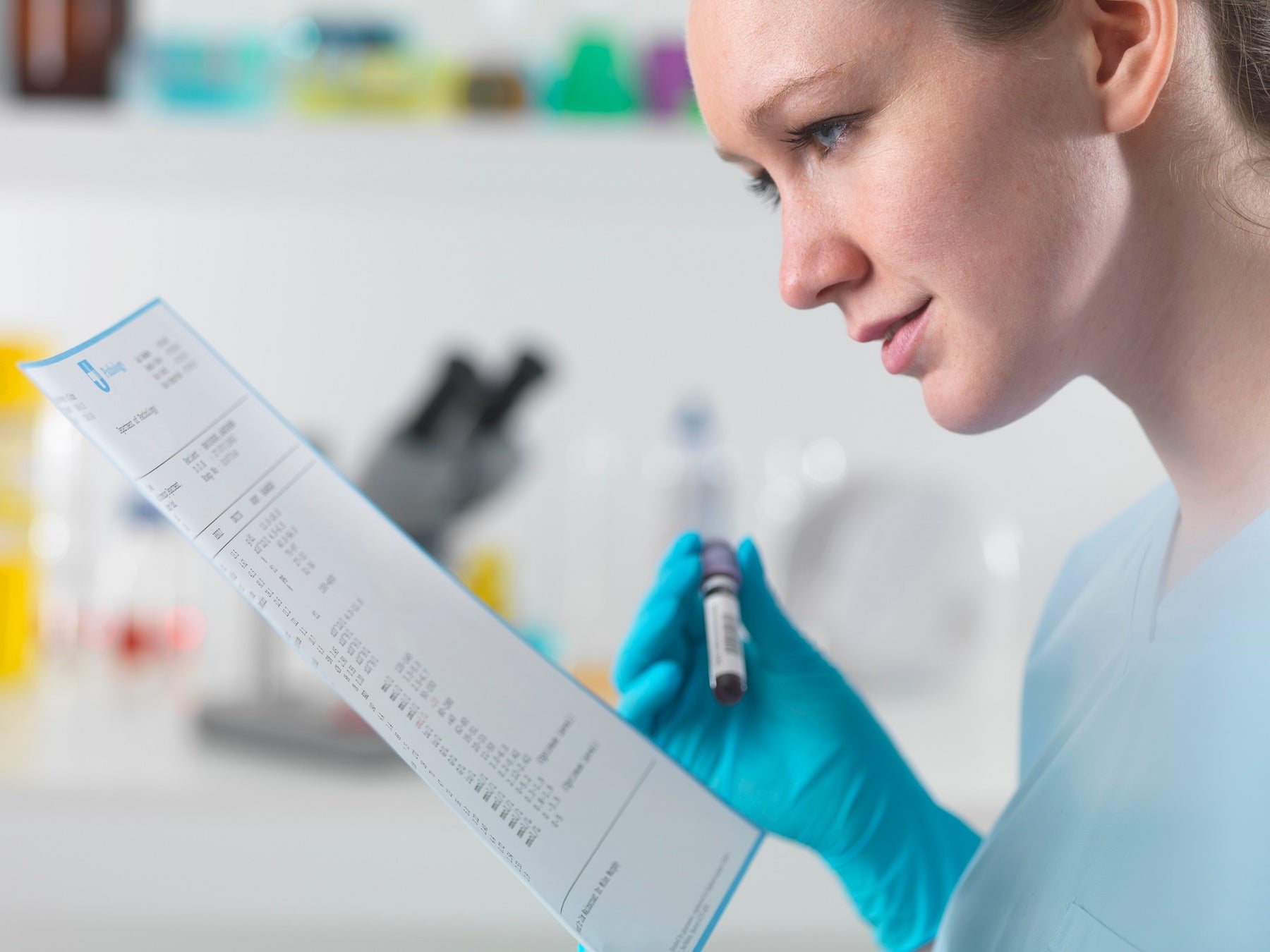
The Process of Verifying Lab Results
Verifying lab results is a critical part of healthcare. It ensures that the information we receive from our tests is accurate and reliable. When lab results are verified correctly, it gives us confidence in our health decisions and treatments.
Lab result verification involves a detailed process that includes multiple steps to ensure accuracy. From collecting samples to final cross-checking, each step is crucial. This process helps catch any mistakes and ensures that the results we get are precise.
Understanding this process is important for anyone undergoing lab testing. Knowing how verification works can help us appreciate the care and effort that goes into making sure our results are correct. This, in turn, helps us trust the information we receive and make better health choices. By learning about lab result verification, we can be more informed and proactive about our healthcare.
Understanding Lab Result Verification
Lab result verification means making sure that the lab test results we receive are accurate and correct. It involves checking different steps in the process to catch any mistakes. This process helps guarantee that the final results are reliable. Verifying the results is like a quality check to ensure everything was done correctly.
Verifying lab results is essential for accurate healthcare. When the results are correct, doctors can make better decisions about our treatment. Mistakes in lab results can lead to wrong diagnoses and treatments, which can be harmful. Ensuring accuracy means we can trust the information we receive, leading to better health outcomes.
Steps in the Lab Result Verification Process
Verifying lab results involves several important steps. Each step helps ensure the final results are accurate and reliable.
Collection of Samples:
The first step is collecting the samples. This could be a blood sample, urine sample, or other types of samples. It's important that the sample is collected properly to avoid contamination.
Initial Testing:
After collecting the sample, the lab performs an initial test. This step uses specialized equipment and techniques to analyze the sample. The initial test provides the first set of data that will be later verified.
Review by Lab Technicians:
Lab technicians review the initial test results. They check for any signs of errors or inconsistencies. Lab technicians have the training and experience to spot issues that might affect the accuracy of the results.
Cross-Checking Results:
The final step is cross-checking the results. This can involve repeating the test or comparing it with other data to ensure consistency. Cross-checking is essential to catch any mistakes that might have been missed in the earlier steps.
By following these steps, we can make sure that our lab results are accurate and trustworthy. Each step plays a crucial role in verifying the reliability of the results, giving us confidence in our health decisions.
Common Challenges in Lab Result Verification
Verifying lab results comes with its own set of challenges. Addressing these challenges is critical to ensure that the results we receive are accurate and reliable.
Human Error:
Despite advanced technology, human error can still occur in labs. Mistakes might happen during the collection, labeling, or testing of samples. Such errors could affect the accuracy of the final results. Training and vigilance help reduce human error.
Faulty Equipment:
Equipment used in labs must function correctly to produce accurate results. If the equipment is faulty or not calibrated regularly, it can give incorrect readings. Regular maintenance and checks are necessary to ensure equipment reliability.
Contamination and Sample Mishandling:
Contaminated samples or mishandling during collection and transport can lead to incorrect results. Contamination can occur if the sample comes in contact with foreign substances. Proper handling and storage protocols are essential to avoid this issue.
Understanding these common challenges helps us appreciate the effort that goes into verifying lab results. Knowing the potential pitfalls can also encourage us to follow recommended practices and procedures.
Best Practices for Ensuring Accurate Lab Results
Ensuring that lab results are accurate involves several best practices. Following these steps can help us get the most reliable information from our tests.
Proper Sample Collection:
The first step to accurate lab results is collecting the sample correctly. This means using clean containers, labeling them properly, and following the right procedures. Ensuring that samples are collected carefully helps prevent contamination.
Regular Calibration of Equipment:
Lab equipment should be calibrated regularly to maintain accuracy. Regular calibration ensures that machines and devices provide consistent and precise readings. This helps avoid errors that can arise from faulty equipment.
Continuous Training for Lab Personnel:
Lab technicians and personnel should receive ongoing training. Continuous education helps them stay updated on the latest techniques and standards. Well-trained staff are better equipped to handle samples correctly and catch potential issues during testing.
By following these best practices, we can contribute to the accuracy and reliability of lab results. This helps us make informed decisions about our health and ensures the best possible outcomes.
Conclusion
The process of verifying lab results is critical to our healthcare experience. It ensures that the information we receive from our tests is both accurate and reliable. From understanding what lab result verification means to knowing the steps involved, we can appreciate the rigorous process that goes into ensuring we get precise results.
Recognizing the common challenges in lab result verification, such as human error, faulty equipment, and sample contamination, helps us understand the importance of proper procedures. By following best practices like proper sample collection, regular equipment calibration, and continuous training for lab personnel, we can ensure the highest accuracy in lab results.
Verifying lab results plays a vital role in making informed health decisions. To experience reliable and accurate lab results, schedule your test with RSC Health today and take the first step towards better healthcare.
